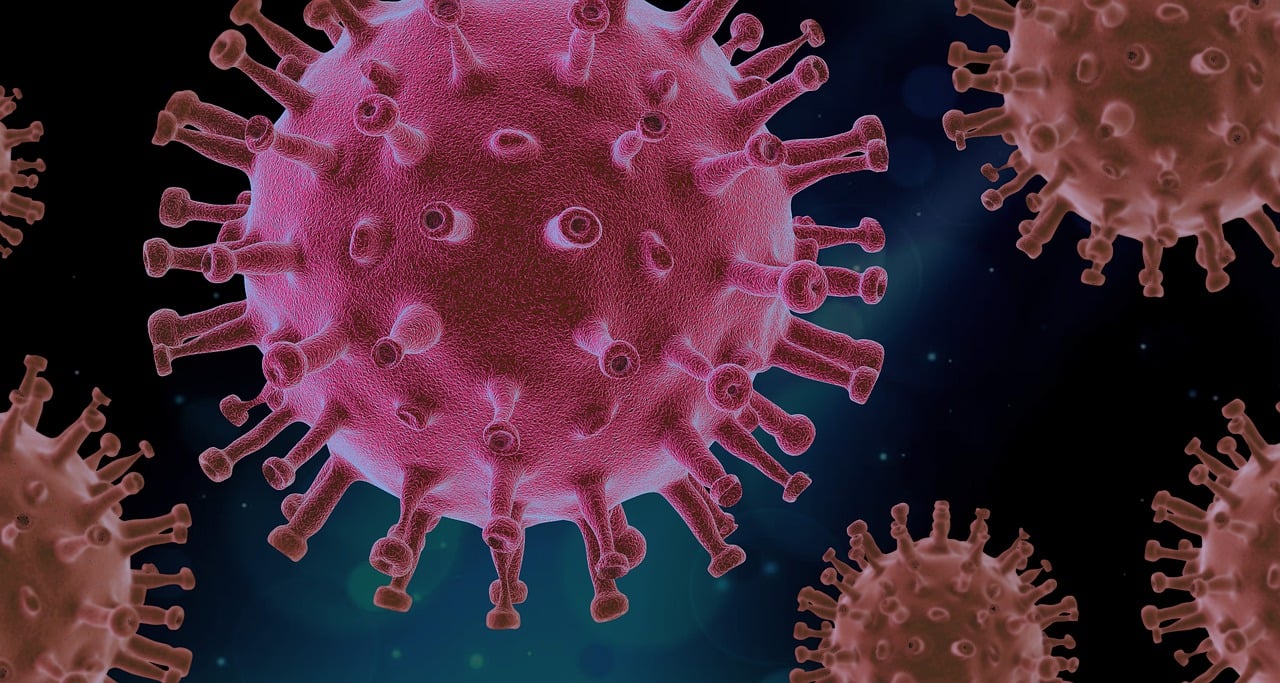‘Mpox’ Uncovered: Everything You Need to Know About the Emerging Virus

Mpox, a rare but potentially serious viral disease, has recently captured global attention due to a surge in cases outside its typical regions. Known primarily for its origins in Central and West Africa, Mpox has begun to break borders, leading to concerns about how it spreads, what symptoms to watch for, and what measures can be taken to protect against it. Here’s everything you need to know about Mpox:
What is Mpox?
Mpox, or monkeypox, is caused by the monkeypox virus, which is closely related to the variola virus that causes smallpox. Unlike smallpox, Mpox is generally less severe, but it still poses significant health risks. The disease was first discovered in laboratory monkeys in 1958, but it primarily spreads through rodents and other small mammals.
While historically confined to parts of Africa, Mpox has recently been detected in over 100 countries, with the World Health Organization (WHO) reporting more than 87,000 confirmed cases worldwide as of 2023, and the number continues to grow.
How Does Monkey Pox Spread?
Mpox spreads through close contact with an infected person or animal, or through contact with contaminated materials, such as bedding or clothing. Human-to-human transmission occurs via respiratory droplets, skin lesions, or bodily fluids. The recent outbreaks have shown that Mpox can also spread through intimate contact, making it a concern not just for those in endemic regions but globally.
Symptoms to Watch For
The symptoms of Monkey pox can appear anywhere from 5 to 21 days after exposure and often begin with flu-like signs such as fever, headache, muscle aches, and exhaustion. A few days later, a rash develops, usually starting on the face and then spreading to other parts of the body, including the hands, feet, and genitals. These lesions go through several stages before crusting and falling off. While most people recover in 2 to 4 weeks, complications can occur, particularly in individuals with weakened immune systems or underlying health conditions.
How Serious is Mpox?
Mpox is generally less severe than smallpox, but it can still cause significant illness, especially in vulnerable populations. The mortality rate of Mpox ranges from 1% to 10% depending on the strain, with the West African strain being less lethal than the Central African strain. As of 2023, the global fatality rate remains under 1%, thanks in part to increased awareness, better medical care, and proactive measures.
Preventing Mpox
Prevention is key in managing Mpox. The WHO and CDC recommend several strategies to reduce the risk of infection:
- Vaccination: The smallpox vaccine is about 85% effective in preventing Mpox and is recommended for people who are at high risk.
- Avoiding contact with infected individuals: This includes not sharing bedding, towels, or clothing.
- Practicing good hygiene: Regular hand washing with soap and water or using an alcohol-based hand sanitizer can help reduce the risk.
- Using personal protective equipment (PPE): Healthcare workers and those caring for infected individuals should use PPE such as gloves and masks to prevent transmission.
Looking Ahead: The Future of Mpox
The recent global outbreaks of Mpox highlight the importance of vigilance and preparedness in the face of emerging infectious diseases. On-going research is crucial to understand more about the virus, its transmission, and potential treatments. Public health agencies are closely monitoring the situation, and with increased awareness and vaccination efforts, there is hope that the virus can be contained and managed effectively.
If your organisation is looking for care workers to assist with the well-being of your loved ones, please learn more about Angel Care and contact us.